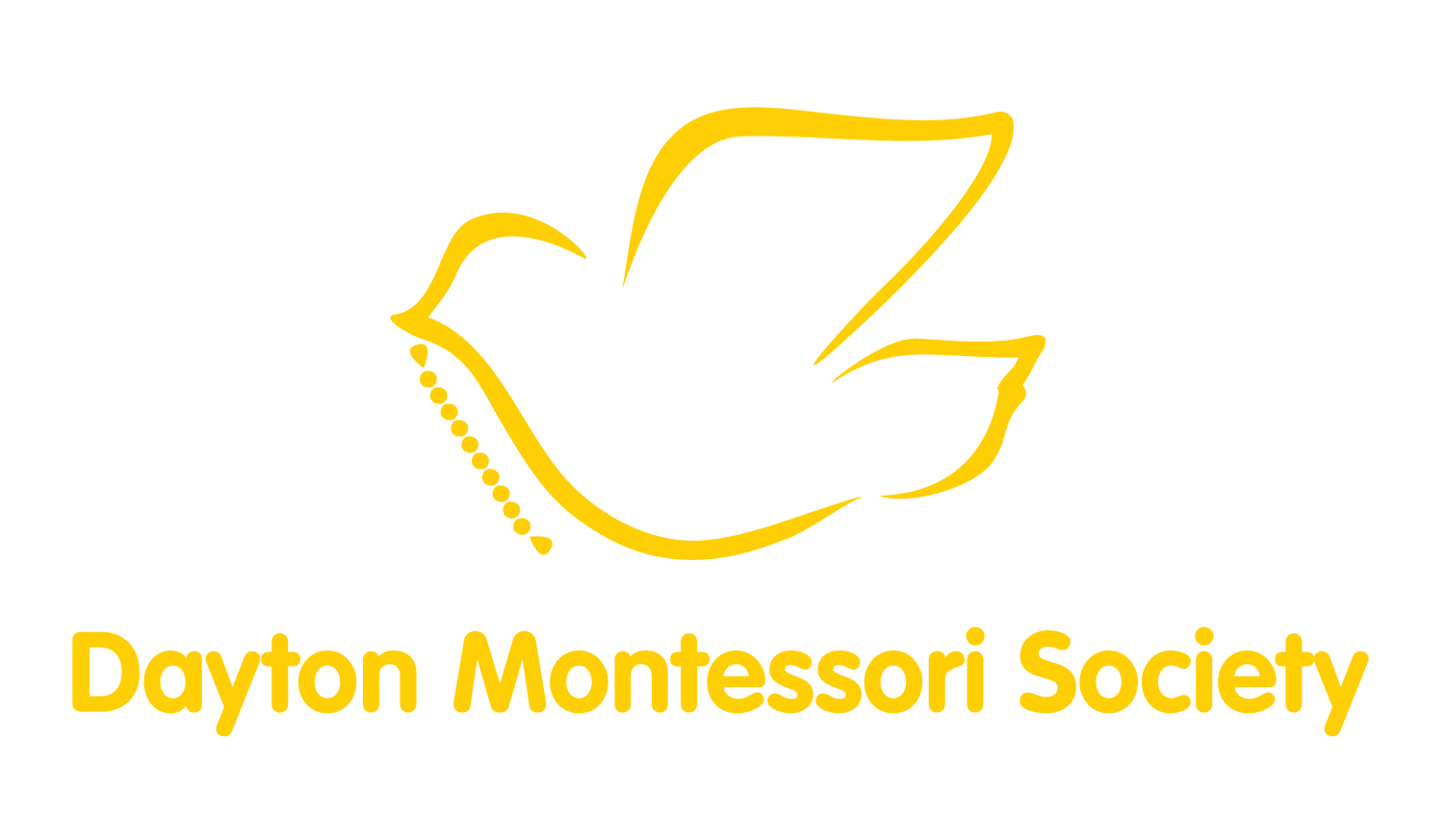What Is Montessori?
The Montessori Method was developed by Dr. Maria Montessori over 100 years ago. It is a philosophy of education that has withstood the test of time and has continually been backed up by research. All authentic Montessori communities have the same essential components and uphold the same important ideals about the learning environment, the child and those who guide the child (teachers). The Dayton Montessori Society takes pride in adhering to these principles and offering a truly authentic Montessori experience for your child:
Individualized Education- Children have sensitive periods during which a child’s brain is most able and ready to gain particular skills. Montessori teachers carefully observe each child and present material to them during his or her sensitive periods allowing for optimal learning. Each child is free to move through the curriculum at a pace that is ideal for meeting his or her full potential.
Free Work Periods- Children have large blocks of uninterrupted work time during which they have freedom to choose their activities within limits. This enables the child to develop concentration, interest, responsibility and independence.
Montessori Materials- Montessori environments are meticulously prepared and maintained. They are peaceful, beautiful, clean, orderly and fully stocked with all of the recommended Montessori materials in all subject areas. These materials are carefully developed to be manipulated and to appeal to all of the child’s senses. They allow the child to create her or his own knowledge and guide the child from the concrete to the abstract.
Multi-Age Learning Environments- Being surrounded by peers of varying ages fosters learning by allowing children to observe the work and lessons of children at different levels. During the three years a child is in a particular classroom, they are able to practice different levels of leadership and group contribution. Mixed age groups also more accurately mirror the adult workplace where people of differing ages, abilities, and dispositions work together.
Development of the Whole Child- Montessori education goes beyond the typical academic areas. The human spirit of each child is valued and cultivated cognitively, emotionally, socially, and physically to foster a lifelong love of learning. The development of the whole child is considered in every activity of the day. Curricular areas such as the peace curriculum, practical life and grace and courtesy help to develop etiquette, cultural awareness, interpersonal skills, individual, community, and global responsibility and are valued just as highly as those to develop language, science, and math skills.
Prepared Guides- All lead teachers hold certificates in Montessori education. The have an enthusiasm for learning and continue their education through workshops, classes and conferences. All staff have the appropriate certifications, have training in the Montessori philosophy and child development, and respect the individuality and spirit of each child.
A Fully Montessori Community- The philosophy and approach is carried throughout all areas of the community and parts of the day, from the classroom environment to the playground, on field trips, during before- and after-school care, and through parent education and community service.

